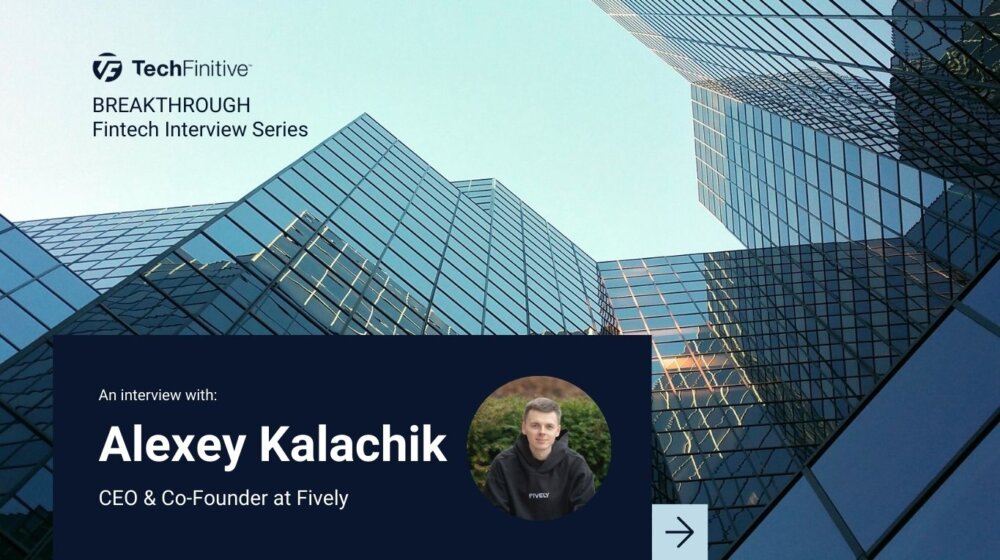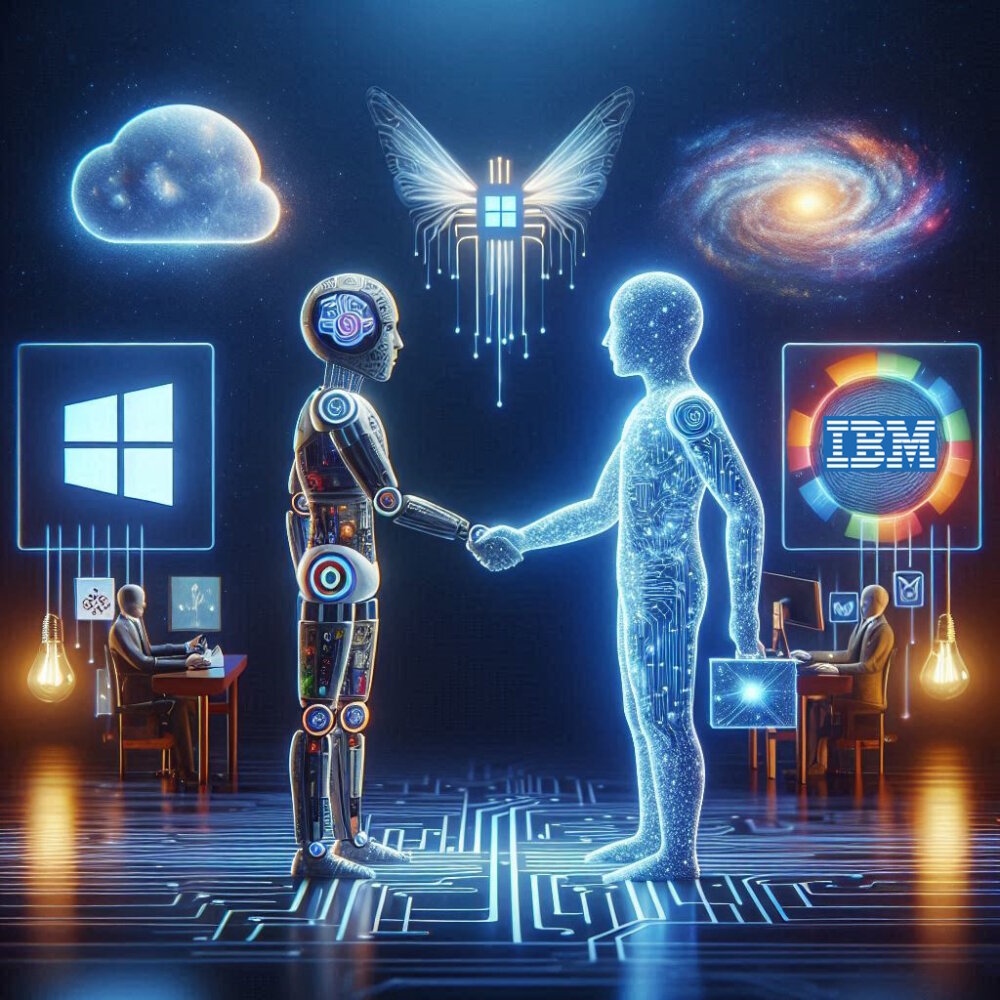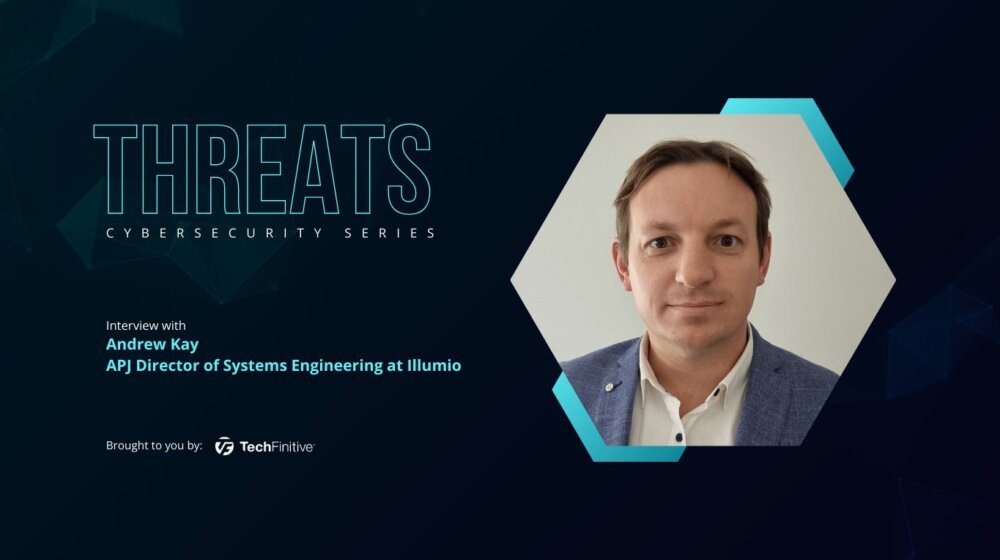
Lauren Heaton, VP of Marketing at Edge: “Businesses need to be cautious when implementing AI-driven products”
It wasn’t so long ago that finding a new job involved printing out your CV and posting it to dozens of prospective employers in response to job ads. Maybe popping down to your local recruitment consultant. Now it’s LinkedIn and online applications, but after this interview with Lauren Heaton, VP of Marketing for Edge, we suspect you’ll be looking back on even that way of job-hunting with nostalgia.
“AI is also already impacting our customers as the Edge platform uses AI to connect the right employee with a suitable employer with near 100% certainty,” said Lauren when we asked her about the impact of AI. Edge, we should explain, is a global HR platform that aims to connect businesses with the talent they need. And Edge itself is using AI to help onboard its own new employees, with a pre-trained GPT that answers all the main questions.
(Incidentally, when Edge talks about being a global platform, it means it. The company’s CEO and Co-Founder, Iffi Wahla, shared his view on the benefits of recruiting from a global talent pool last week.)
But there’s another theme that comes through in our interview with Lauren, and it’s one that is becoming less a background hum and more of a shout as we talk to more marketing leaders: personalisation. Exactly the opposite of those posted CVs.
We’ll let Lauren introduce herself below, but if you cheat and fast-forward to the end you’ll see that she has achieved a huge amount in a short span of time. Read on to find out how.
Related reading: What five gaming trends tell us about the post-AI future of work
Could you please introduce yourself to our audience?
I’m the VP of Marketing at Edge, a global HR solution that helps businesses connect with talent worldwide. I have more than 12 years of experience starting, developing and expanding marketing departments, focusing on launching businesses and products in new markets. I oversee a team of over 15 people across B2B, B2C, brand and design, and make sure all agreed strategies are designed and implemented effectively.
Customer experience is essential to Edge and me. Marketing plays a big part in the customer experience as everything that the customer sees – whether it is product, branding or communications – has to go through the marketing funnel to ensure everything is on brand and brings value to the customer.
What are your thoughts on the escalating integration of AI in customer experience and its potential influence on the future of customer service at large?
AI is here to stay. Although many may be sceptical or tired of seeing the word ‘AI’ everywhere, AI has the potential to impact numerous business functions and customer experiences profoundly. One example is marrying generative AI with personal data to automate the creation of truly bespoke customer communications. And this is something that consumers demand more, mainly thanks to the rapid growth of data-driven personalisation.
AI is also already impacting our customers as the Edge platform uses AI to connect the right employee with a suitable employer with near 100% certainty. Edge also has its own GPT. It educates our associates during their training, before and after being placed with a customer to learn the industry, their new role and the company better.
Related reading: How do you create a GPT? & Saving time with AI models
How do you ready yourself for an AI-driven landscape as a customer experience leader? What new skills do you need?
Businesses need to be cautious when implementing AI-driven products. AI and especially generative AI is at a relatively early stage of its development. Services such as ChatGPT are an impressive piece of technology but, as more and more people have interacted with it, limitations have become apparent. It is not wholly accurate and can be tricked.
Data scientists will warn you that AI is only as good as the data it uses to learn from. If your data is incomplete, biased or simply wrong, AI will amplify these problems with potentially disastrous results. There is a reason that Meta’s own version of ChatGPT uses a much smaller foundational language model. Fewer parameters limit potential but also means less could go wrong.
In terms of new skills, people need to learn to work alongside AI and business leaders need to be looking to future-proof their employees in this way. They need to have a good understanding of the workings of AI, and the necessary digital skills at their fingertips to allow them to utilise the potential on offer.
Far too many workers are not ready for the changes that are coming, and the World Economic Forum estimated in a recent Future of Jobs Report that 50% of all employees will need reskilling by 2025 as the adoption of technology increases. Data analysis skills, for example, will be needed going forward, with the ability to critically and rigorously evaluate the data that a robot might be able to provide.
Do you anticipate any significant disruptions in customer experience technology for 2024? If so, what are those disruptions and why?
AI is definitely one of them – especially as more businesses embrace generative AI and implement it across their customer-facing operations. What has the potential to cause the biggest disruption is XR. That stands for ‘extended reality’ and is an umbrella term for virtual reality (VR), augmented reality (AR) and mixed reality (MR).
We are seeing a lot of investment in this new technology – just look at Apple’s Vision Pro or Meta’s Quest 3 – and it doesn’t feel like a short-lived fad. As the XR industry develops and devices become more affordable, businesses will implement them across their operations to enhance their customer experience – whether it is retail, entertainment, education or training.
Recommended reading: YMX brings the metaverse to industrial sites
Could you share some of your most noteworthy accomplishments that you take particular pride in?
One of my most noteworthy accomplishments includes launching a go-to marketing plan for the US expansion of a European company – within six months I built a seven-figure pipeline for the sales team. I also successfully delivered a global rebrand for a company with offices in four global regions; grew the sales pipeline by 250% within two years for a B2B SaaS company and grew a marketing team from two to nine people within a year, due to demand generation success.
What customer experience technology has your company recently embraced and what difference has it made to your business?
We recently launched a gifting platform called Reachdesk. This has allowed us to send personalised gifts to customers. Regardless if they’re celebrating something with us, like an increased contract, or personal celebrations like weddings or promotions, we can connect and celebrate them no matter where they are in the world. It’s also contributing to building out our sales pipeline due to the success of the gifting campaigns
Another platform is Twilio Segment, which brings together clean, consented customer data for real-time insights so you can know each individual like they are your only customers.
NEXT UP

Alexey Kalachik, CEO & Co-Founder at Fively: “The potential for digitalisation within insurance is enormous”
We interview serial entrepreneur Alexey Kalachik, CEO & Co-Founder at Fively, on the future of fintech and what makes this space so exciting for startups.

IBM bolsters AI push with Microsoft Copilot launch
In a bid to boost its AI offering, IBM Consulting will enable enterprises to create and manage AI copilots – including Copilot for Microsoft 365

Andrew Kay, Director of Systems Engineering APJ at Illumio: “The most worrying development with ransomware is that it has evolved from simply stealing data to impacting IT availability”
Andrew Kay, Director of Systems Engineering APJ at Illumio, has 20 years’ experience helping organisations strengthen their cyber resilience. We interview him as part of our Threats series on cybersecurity.